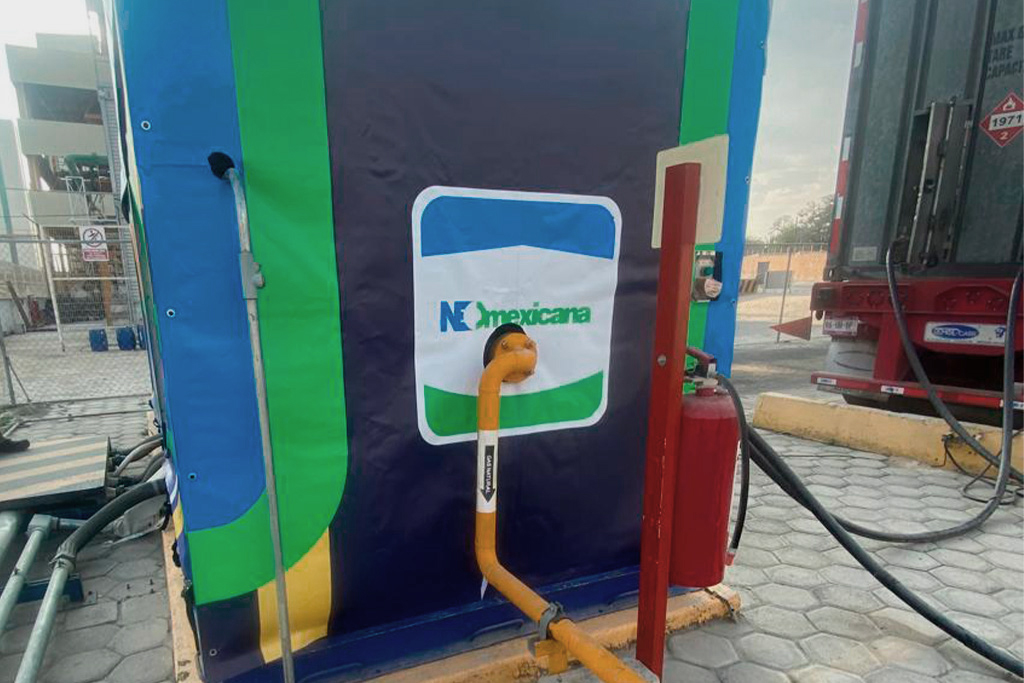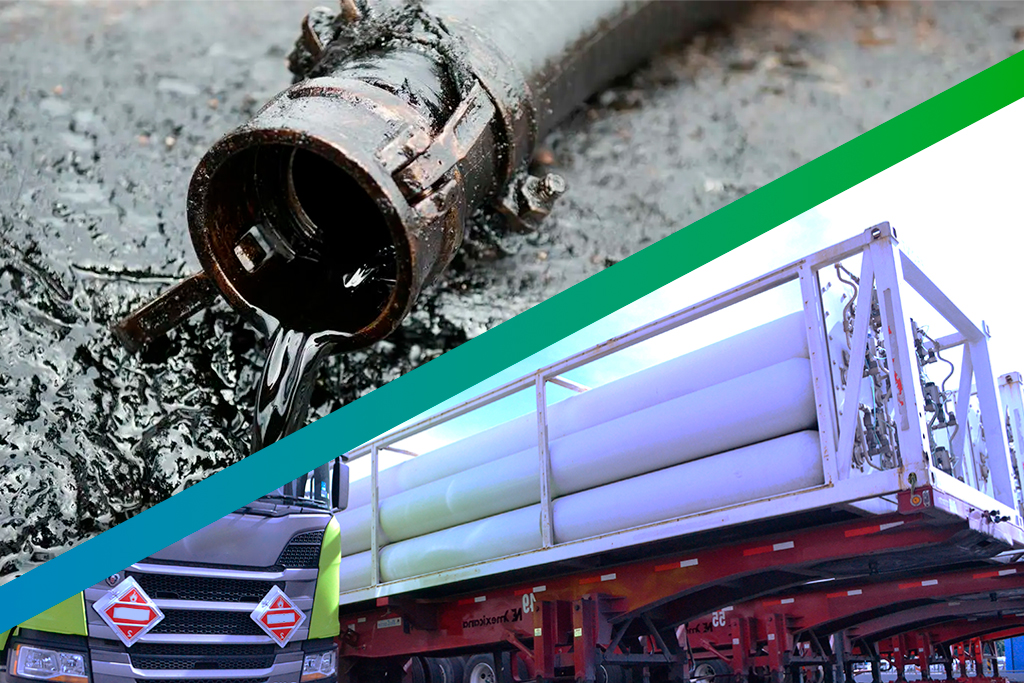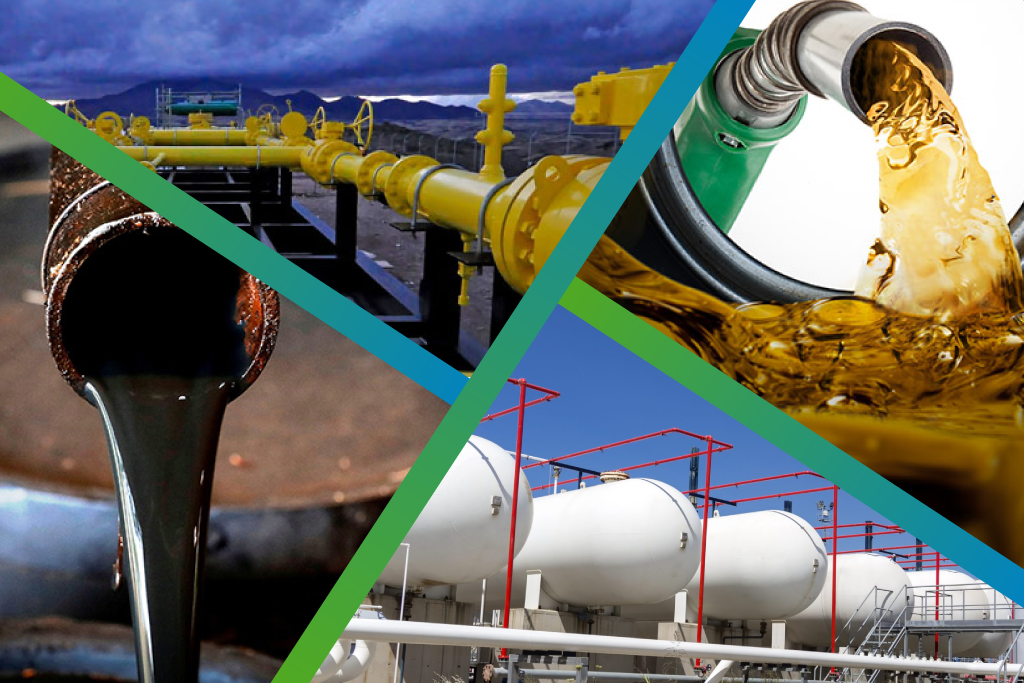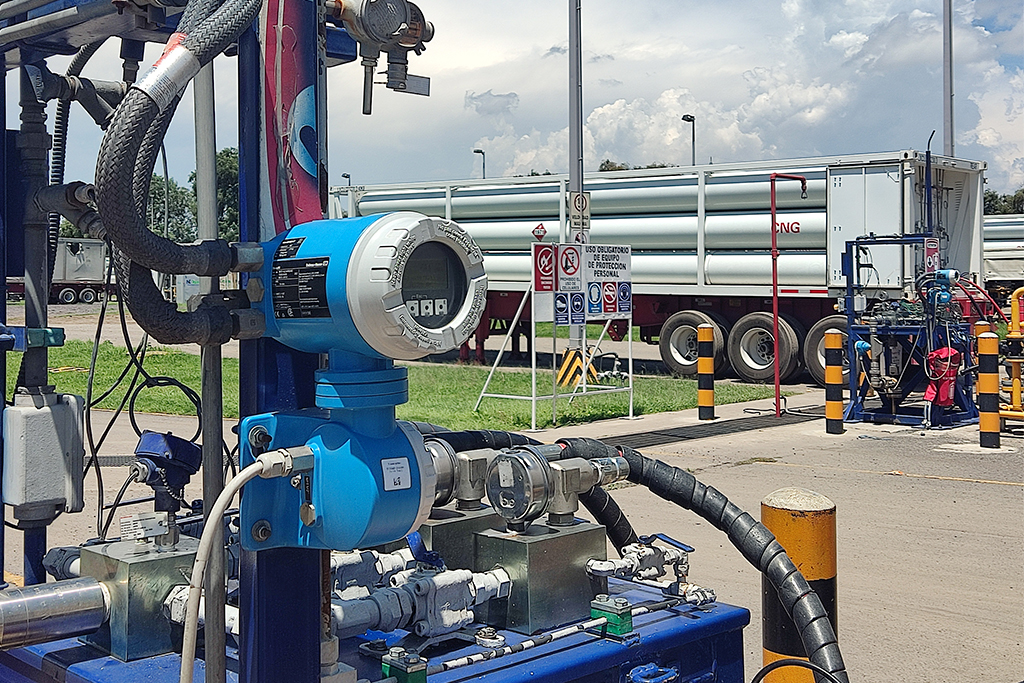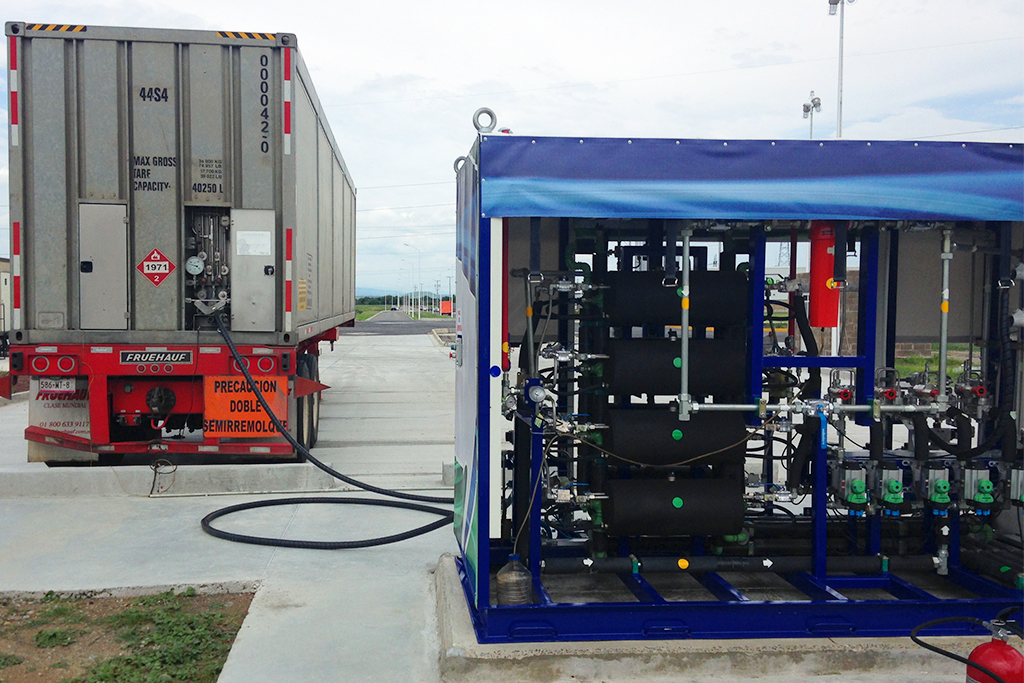Learn the key conditions that make CNG the best alternative for your industrial operation.
While Compressed Natural Gas (CNG) is an alternative that offers multiple operational,
economic and environmental benefits, the question you might be asking yourself is:
When is CNG considered a viable alternative for my operation? To answer this question,
it is key to identify some determining factors:
1. Your plant is far from a pipeline.
Whether your plant is analyzing the acquisition of natural gas equipment or wants to
adapt it to this fuel, but is located in an area without nearby pipelines, CNG stands out as
a solution that allows the transport of natural gas by road.
2. You have a relevant energy consumption
If your operation requires a considerable amount of fuel -for example, for boilers,
furnaces or power generation-, CNG can represent a significant savings compared to
options such as diesel, fuel oil or LP gas. The higher your demand, the more attractive
the savings.
3. You have space for a decompression station
An important element for CNG operation is a decompression station, which will be
located inside your plant and whose function will be to reduce the gas pressure to your
needs and to park the containers, complying with the design, permitting and safety
guidelines established by current regulations. Ideally an area of at least 300 m² is
required, although it is always possible to adapt the solution to the available space.
4. You want to reduce maintenance time and costs
Natural Gas, being a cleaner fuel, generates less waste and deposits in equipment such
as boilers and furnaces. This translates into less frequent maintenance, longer
equipment life and fewer unscheduled shutdowns.
If your plant meets these points, it
may be time to evaluate the viability of CNG as a primary energy source.

